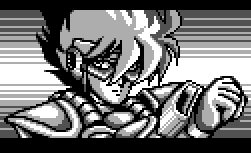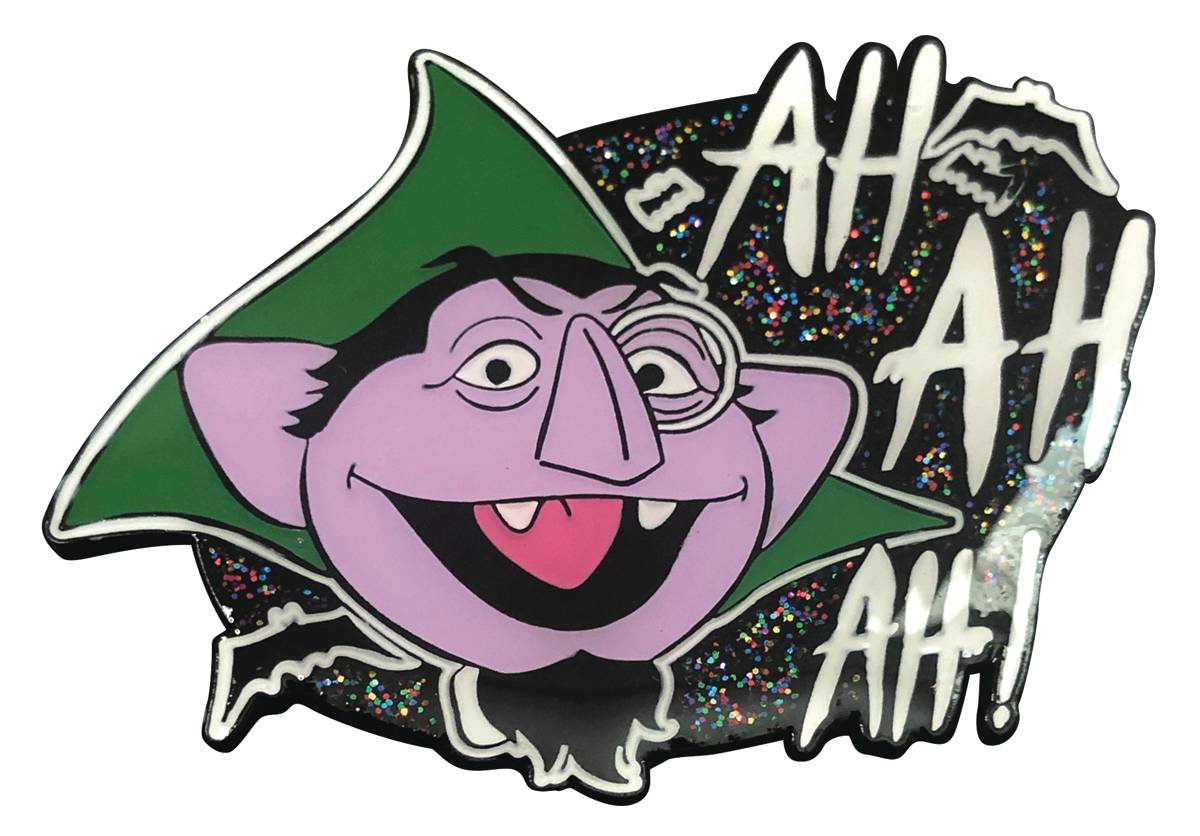- cross-posted to:
- languagelearning@sopuli.xyz
- cross-posted to:
- languagelearning@sopuli.xyz
Foreign language classes in high school creates gender abolitionists
deleted by creator
It’s all a construct!
French is wild, but it’s actually pretty easy to remember genders for appliances in particular. Generally, the more attractive the appliance, the less questionable its gender. Who could misgender a swamp cooler or a blender?
Generally, the more attractive the appliance, the less questionable its gender.
Lol what
You trying to tell me that you don’t know your toaster’s safe word?
Oh is that what that Cancel button is for?
No, you have to force the handle to the up position.
Well that certainly doesn’t sound consensual.
You’re jamming oiled-up bread into a device that has no means to expel unwanted fluids, and its only form of protest being to overcook your buns. What do you think?
Keep going…
There is a say in france along the lines that the more bad something is the higher the probability it’s feminin.
Just switch to German, I know it’s die Geschirrspülmaschine
Das ist die Waschmaschine! Setzen, sechs!
Die, Bart, die! Herrgott nochmal!
Did you just say The, Bart, The?
Rustig, rustig. Het is nog geen augustus en we zijn nog niet in Zeeland.
deleted by creator
They’re the same picture
(but for those curious scrollers it’s dishes sink machine)
it’s more of a dishes washing machine.
while Spüle is sink, Geschirr spülen is washing dishes. spül is not a noun in this case.
Germans: German is such a beautiful language!
German:
It’s beautiful in its precision and how it constantly clears your throat
That’s dutch
Grachtengordel.
Or Swiss German. Chuchichäschtli.
Ok then. What’s the gender of Nutella?
That wasn’t covered in German class
Clearly it’s dieras Nutella
That’s a dishwasher
That’s right it’s das Kleidungumnassengerät
It’s a machine that washes, close enough
At least in my part of Austria it’s usually „der Geschirrspüler“
Well yeah that’s a different word
Yes, I didn’t mean to imply that the other word wasn’t correct, just pointed it out because it means the exact same thing can be either male or female depending on which word you use.
What do you thin? It’s conceptually a hole that gets wet!
What about a dryer?
It’s conceptually Ben Shapiro’s wife.
Exactly. Masculine
Kinda sad Alpha Ben has never heard the squishy sounds of making love to a woman.
Ur mom!

deleted by creator
C’mon, une machine a laver is obviously a girl! Unless you call it a lave-linge instead, in which case it’s a boy.
La laveuse
Teacher: Time for the French, get your berets!
“Mark, please pass out the baguettes to the class. Only take one!”
I’m le tired
Have a nap, then
fire ze missileshand out ze baguettes!

Achctually in french they write ah ah ah.
Very disturbing.
It can be both ! You can either call it “un lave-linge” or “une machine à laver”.
Yeah, it would be nice if people stopped assuming it gender.
Un baguette, une baguette, le la.
Il y a un truc qui peut vous servir dans cette situation là.
Dites juste deux baguettes.
C’est un peu plus cher mais en tout cas, il vaut la peine et vous aurez deux baguettes à la fin.
A baguette, a baguette, the a.
There is a trick that can help you in this situation.
Just say two baguettes.
It is a little more expensive but in any case, it is worth it and you will have two baguettes at the end.
I don’t think the translator worked that well here, but I think it makes it funner lmao
Hey that`s my actual french!
Take a look at the first sentence in english.
My native language is gendered but I still don’t always know how I’m supposed to talk about male members of a species with a feminine name or vice versa.
“A person by the name of Mary was…” “Person” is masculine. Mary can hear me and I don’t want to offend her. “Was” has a masculine and a feminine form.
I think the masculine form of “was” would be technically correct, but then do I have to use masculine pronouns? “A person by the name of Mary was there and he…” The real answer is to rephrase what I said to avoid awkward grammar.
i thought gendered languages had two genders for words like “person” so you could make the swap when the gender is known
e.g. un person / une personne
I deliberately picked an example where there isn’t (or I don’t know) a feminine version. Most words that I can think of for various categories of people do have two genders, although in many cases the feminine version sounds awkward to me, a little like the “trix” suffix does to English speakers.
(Also, the male default sometimes makes using the feminine version of a word sound like you’re deliberately emphasizing that you’re referring specifically to women as opposed to simply talking about someone who happens to be a woman.)
Not always, no. In French, “a person” is “une personne”. It’s a feminine noun — always feminine — and it’s perfectly fine to use it for a man, because what matters here is the gender of the word itself. “An individual” is “un individu” — always masculine, even of the individual in question could be a man. A sentry is “une sentinelle”; it’s a feminine word, even though most sentinels are probably men, considering the gender ratio in the army. This dude is une sentinelle. If you add adjectives, you would use the feminine form so that it matches the word sentinelle: “a sleepy sentry” is “une sentinelle somnolente”.
That said, many (most?) words refering to human beings have feminine and masculine versions. That’s the case for most job names. The baker = le boulanger / la boulangère. The mailman = le facteur, the mailwoman = la factrice. Those words often have an ending that signals the gender (-teur is obviously masculine, -trice the feminine equivalent). Some job names are identical for both genders, but with different articles depending on the gender of the worker you’re talking about: for example the despicable Élisabeth Borne is une ministre, and the spawn-of-hell Bruno Retailleau is un ministre. Words that describe family relationships are mostly gendered too (le cousin / la cousine).
“A wasp” is “une guêpe”. It’s feminine for male as well as for female wasps, although you can add “mâle” or “femelle” if you need to be more specific. “How to recognise a male wasp?” translates as “Comment reconnaître une guêpe mâle ?”, whereas the sentence “Comment reconnaître un guêpe mâle ?” is a blatant grammatical error that no native speaker would make, because the word “guêpe” is of feminine gender, even if the specific wasp you’re talking about happens to be a male.
Some species have different words for male and female specimens. “A sheep” is “un mouton” (masculine). A male sheep would be called “un bélier” (masculine), a female sheep “une brebis” (feminine). If I say “un bélier”, you know that I’m talking about a male sheep, but if I say “un mouton”, you can’t know whether it’s male or female, despite the fact that the word is grammatically masculine. “A cat” is “un chat” (masculine). A female cat is “une chatte” (feminine), but it would be fine to call a female cat “un chat” (masculine) too, because it’s the generic name for the species. In fact, some people make a point of always calling female cats “un chat” because une chatte is also slang for female genitalia.
Sorry for the block of text, and congratulations if you’ve read this far. :-)
Edit: Why did I write all of this on a two-month old post.
lol it’s old but it’s still a thoughtful reply thank you
Doesn’t it depend on if it’s a top load or bottom load model?
I think power bottom loaders are a thing now
These days with everything being LGBTQIAOMGWTFBBQ++++++++, no, not even remotely.
My washing machine is only A+++
Very very very asexual?
*Aromantic
Your washing machine still tosses (clothing) salad on a regular basis.
Wouldn’t recommend A++. It’s impossible to get consent on those. B++ is way easier to use.
That’s common in most Latin derived languages
in my Spanish (HS) class if I don’t know I just guess based off of the vibes
I’ve guessed correctly more often than not
I don’t know how German compares to French or Spanish, but in German things can be masculine, feminine, or neutral. What I do—which is partially as a protest, and partially out of laziness—is to assume every non-person noun is neutral.
It works surprisingly well in IT where basically all nouns are neutral, but I probably sound like Kevin from The Office in every other context.
deleted by creator
This is arguably subjective, but I think making masculine and feminine words neuter is the only way to counteract the inherent sexism of gendered nouns. If you make everything masculine, you’re still tacitly supporting the previous categorization of masculine nouns as correct, and vice versa for making every noun feminine.
deleted by creator
I don’t remember most of the grammatically correct genders, but when I was trying to learn them I had the distinct impression that stereo-typically manly nouns were masculine and stereo-typically womanly things were feminine.
I have heard nonbinary people find neuter as being offensive because it’s infantilizing them. At least that’s how it was explained to me.
I haven’t heard anything about that but that’s really interesting. Do you know how they prefer to be addressed?
deleted by creator
Interesting, thanks!
Do you know what level German you are at?
I took a full-year German course in university a few years ago, and by the end of that I was probably A1. I’ve forgotten most of it since then, but I could probably relearn it within a few weeks. Every time I visit my German side of the family I try to brush up on it, but that isn’t very often.
Now it’s been 15 months learning daily and am at the B1 level. So not an expert just intermediate with more to learn.
Good for you. I feel like the hardest part of German (as a non-native speaker) is regularly practicing.
A machine in french is feminine. It come from latin machina (μαχανά in Greek) which is feminine (-ina suffix is feminine). Washing is just a verb so it have no influence on the “gender”.
A washing machine -> Une machine à laver
Close but wrong. It’s because washing is feminine.
All those years of school and lecturing from my teachers only to discover it was all lies… thank anyway I guess.
Sadly true, Its like an on pourpouse languaje setting
That nice dirty ass
The word for potato is my favorite. It’s so fancy and English just calls it a potato.
My highschool french class always loved the word for “squirrel”, “pomegranate”, and of course the ever popular “seal in the shower” combo for extra fun.

to be fair, that’s a modern take. in antiquity it was so ignoble it was given the generic name for a fruit/vegetable.
a modern version might be more akin to “dirt thing”
Potatoes weren’t introduced to europeans in the antiquity
I meant it colloquially - like a long time ago - but fair point. More accurately, it was introduced about 100-150 years before there was a linguistic trend for fruit to be called fruit and not apples.


















